Attending the workshop were Ms. Nguyen Thi Hoang Yen, Deputy Director of the Department of Economic Cooperation, Ministry of Agriculture and Environment ; Mr. Nguyen Dinh Hoa, Deputy Director of the Hanoi Department of Agriculture and Environment; Mr. Le Ba Ngoc, Vice President of the World Craft Council, Vice President of the Vietnam Handicraft Import-Export Association; and more than 85 domestic and international delegates and press agencies attending and reporting.
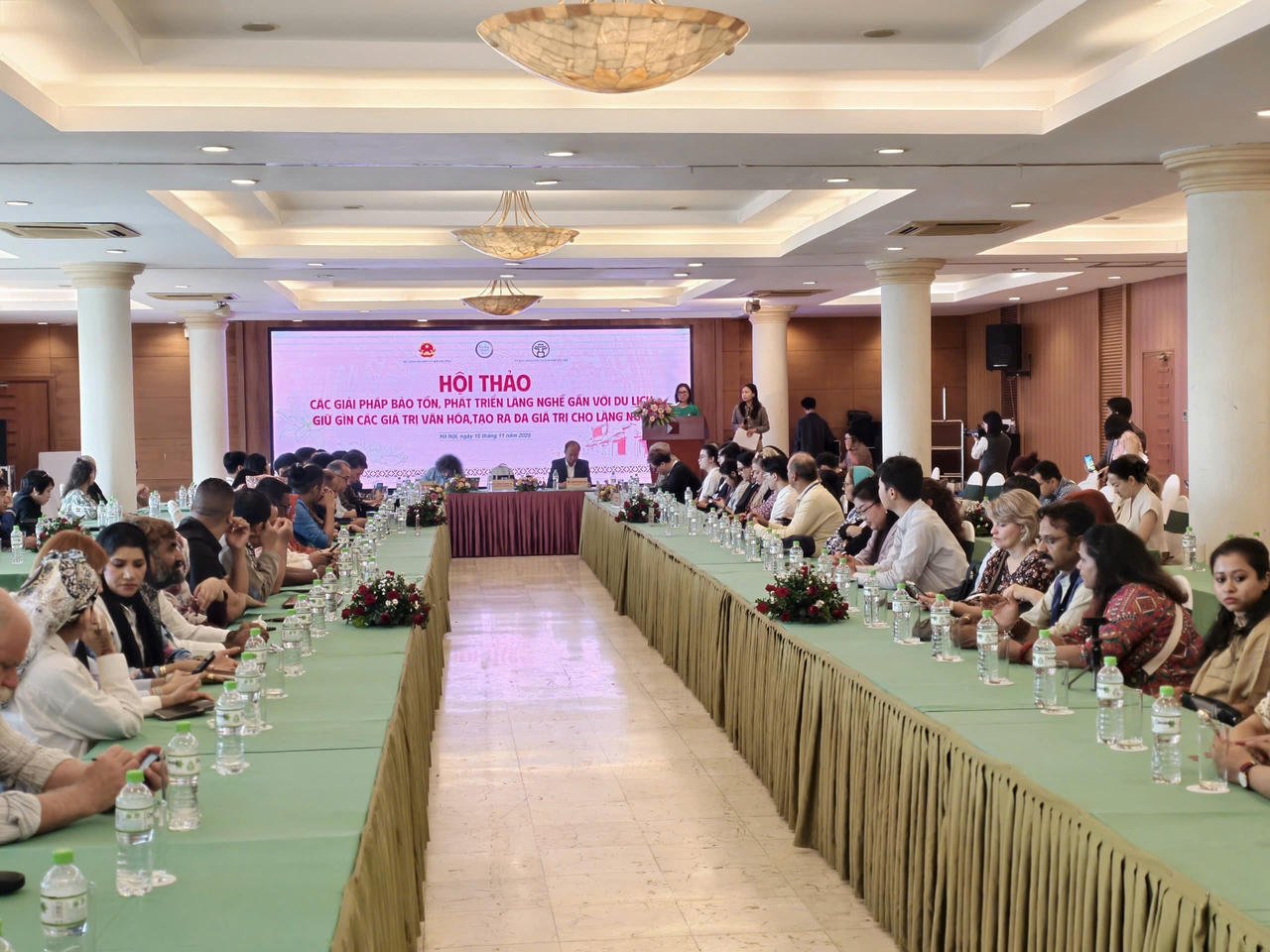
Speaking at the opening of the workshop, Ms. Nguyen Thi Hoang Yen, Deputy Director of the Department of Economic Cooperation, emphasized: “Craft villages are not only places to create sophisticated handicraft products, but also 'living museums' that preserve cultural values, indigenous knowledge, traditional techniques and the quintessence of each ethnic group.”
However, in the context of strong integration and globalization, craft villages are facing many challenges such as market fluctuations, competitive pressure, difficulties in raw material sources and especially the problem of inheriting and developing young artisans.
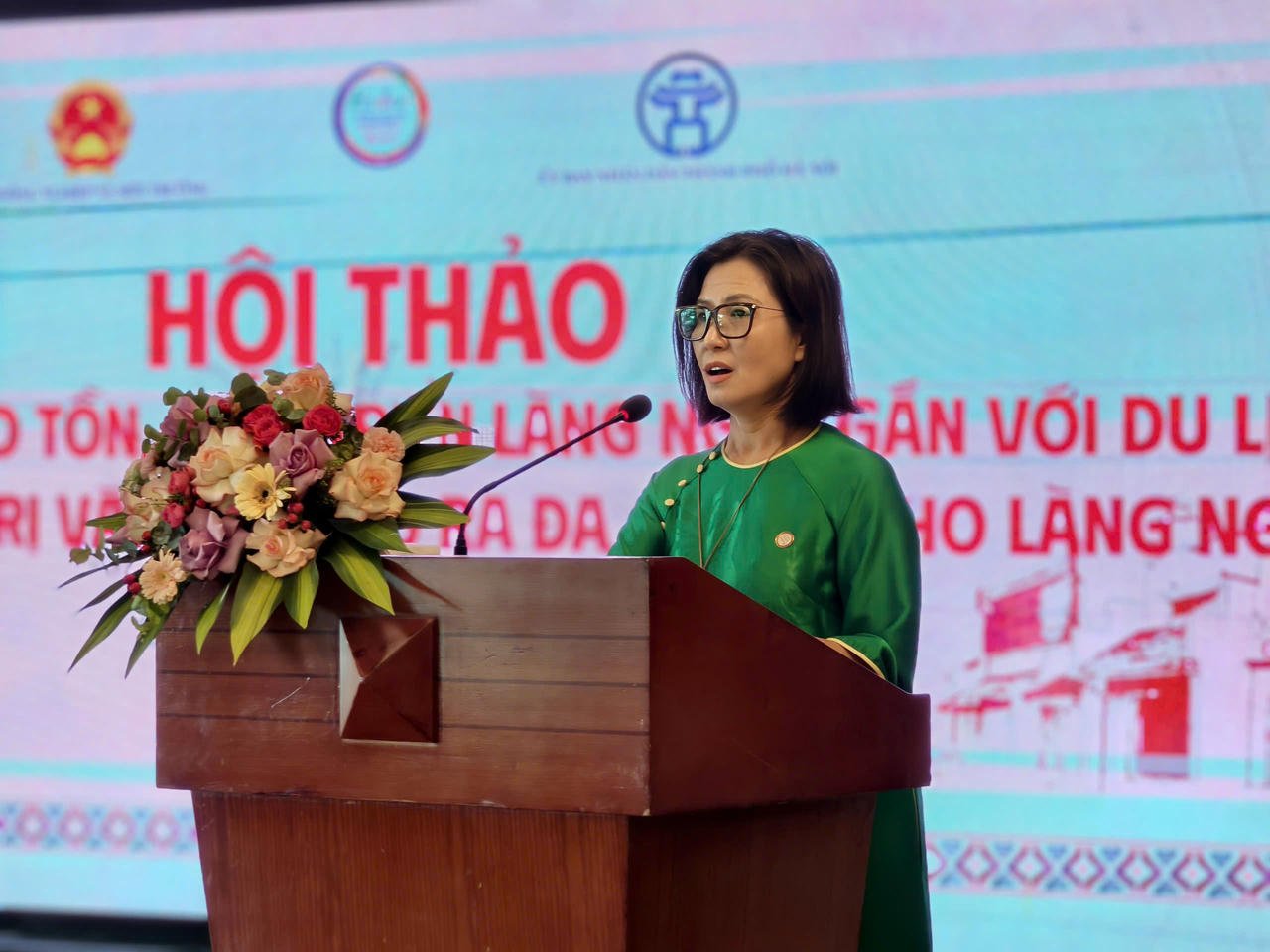
“Today’s workshop is an important multilateral forum, creating opportunities for management agencies, experts, businesses and craft village communities to share experiences and introduce successful models in preserving traditional values in parallel with product innovation. This is also an opportunity to discuss support mechanisms and policies; promote cooperation between businesses and communities; expand international markets; and strengthen economic cooperation in the craft village sector,” Ms. Yen said.
At the Workshop, Ms. Tran Thi Loan - Head of the Industry Department, Department of Economic Cooperation and Rural Development presented a Report on the work of Preserving and Developing Vietnamese Craft Villages. The report helped delegates have a more comprehensive view of the current situation, achievements, difficulties, shortcomings and solutions in the coming time.
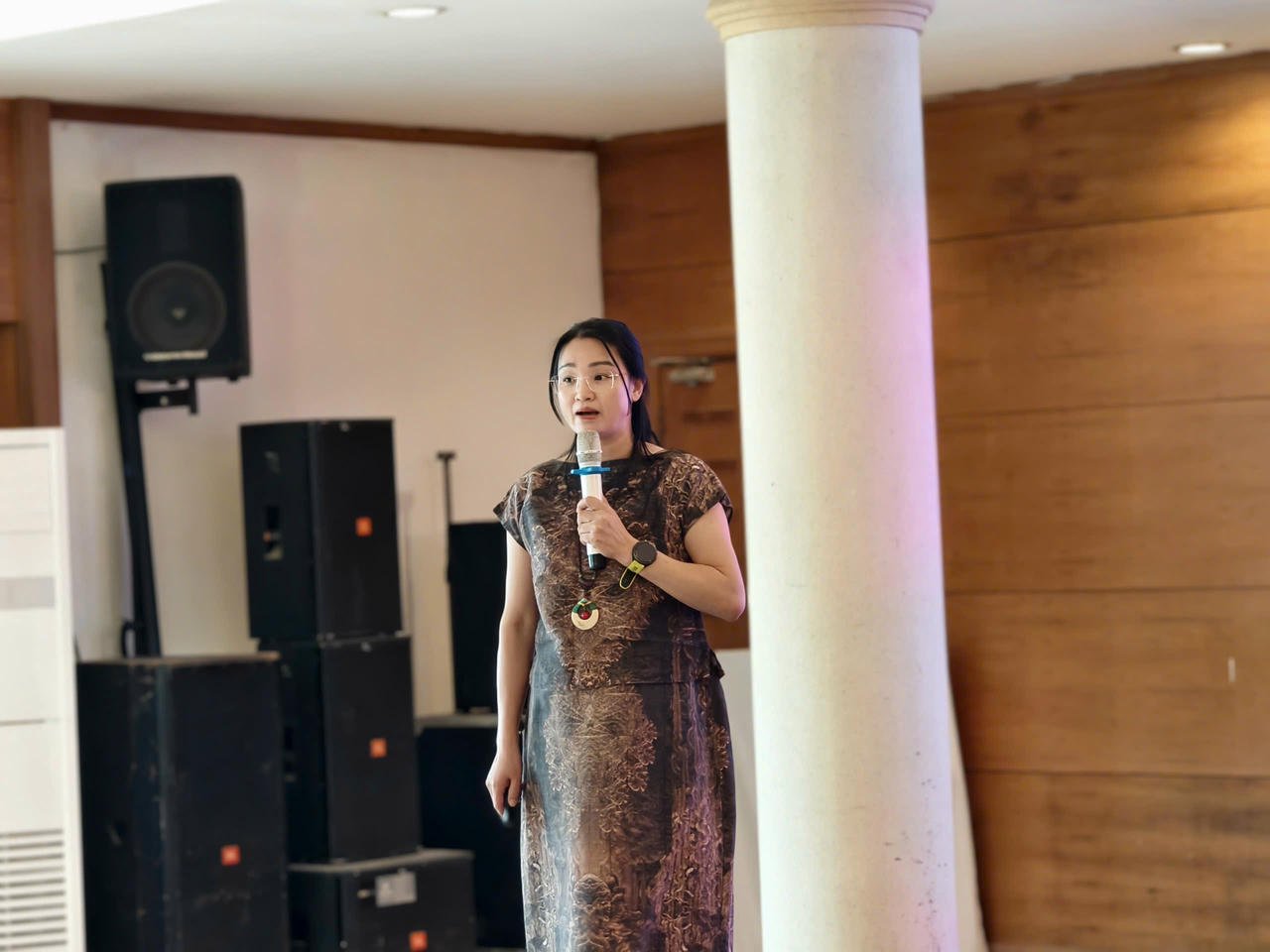
In addition, the workshop also featured many attractive presentations by international delegates. Mr. Hisham Elgazzar, Chairman of the World Fair Trade Organization for Africa and the Middle East – Chairman of the Egyptian Crafts Council shared experiences in preserving and developing crafts in Egypt and Africa;
Ms. Barbara Velasco Hernandez - President of the World Craft Council in Latin America shared experiences in developing the craft market in the Americas; Mr. Ma Xiang, Vice President of the China Craft Association shared policies for developing crafts in China; Ms. Jaeyoung Kang - Artistic Director of the Cheongju World Craft Design Festival shared experiences in organizing the Korean craft design festival.
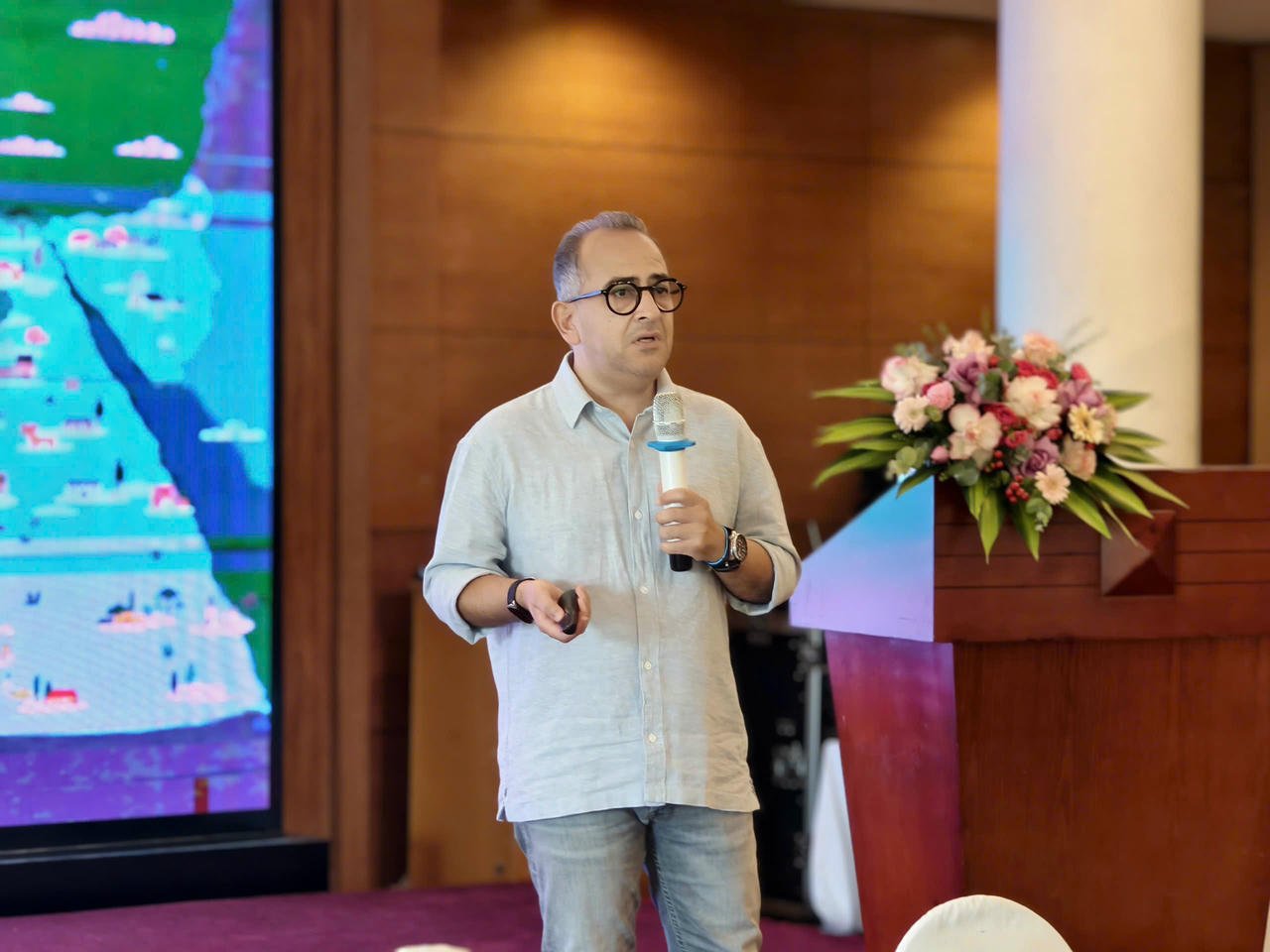
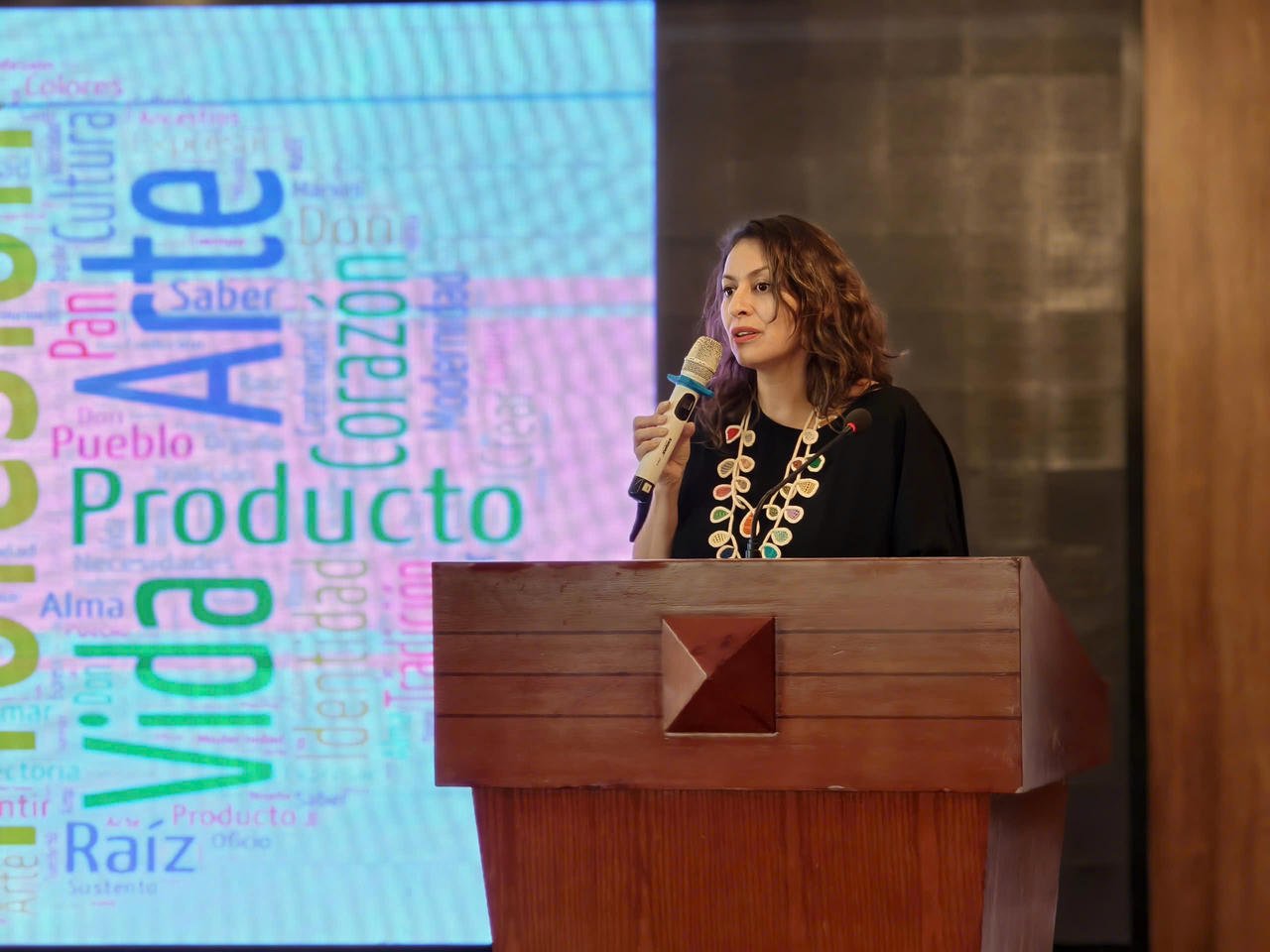
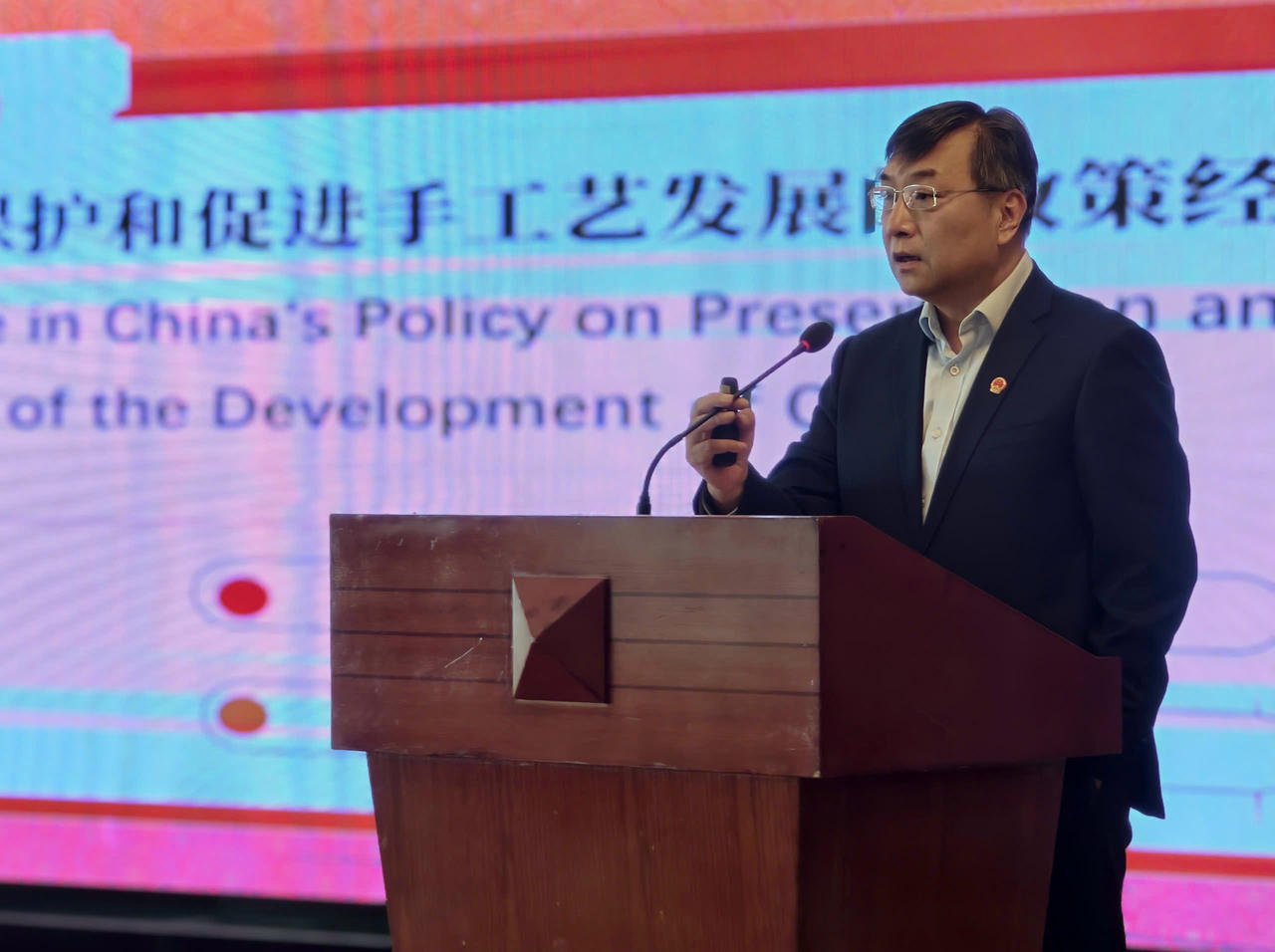
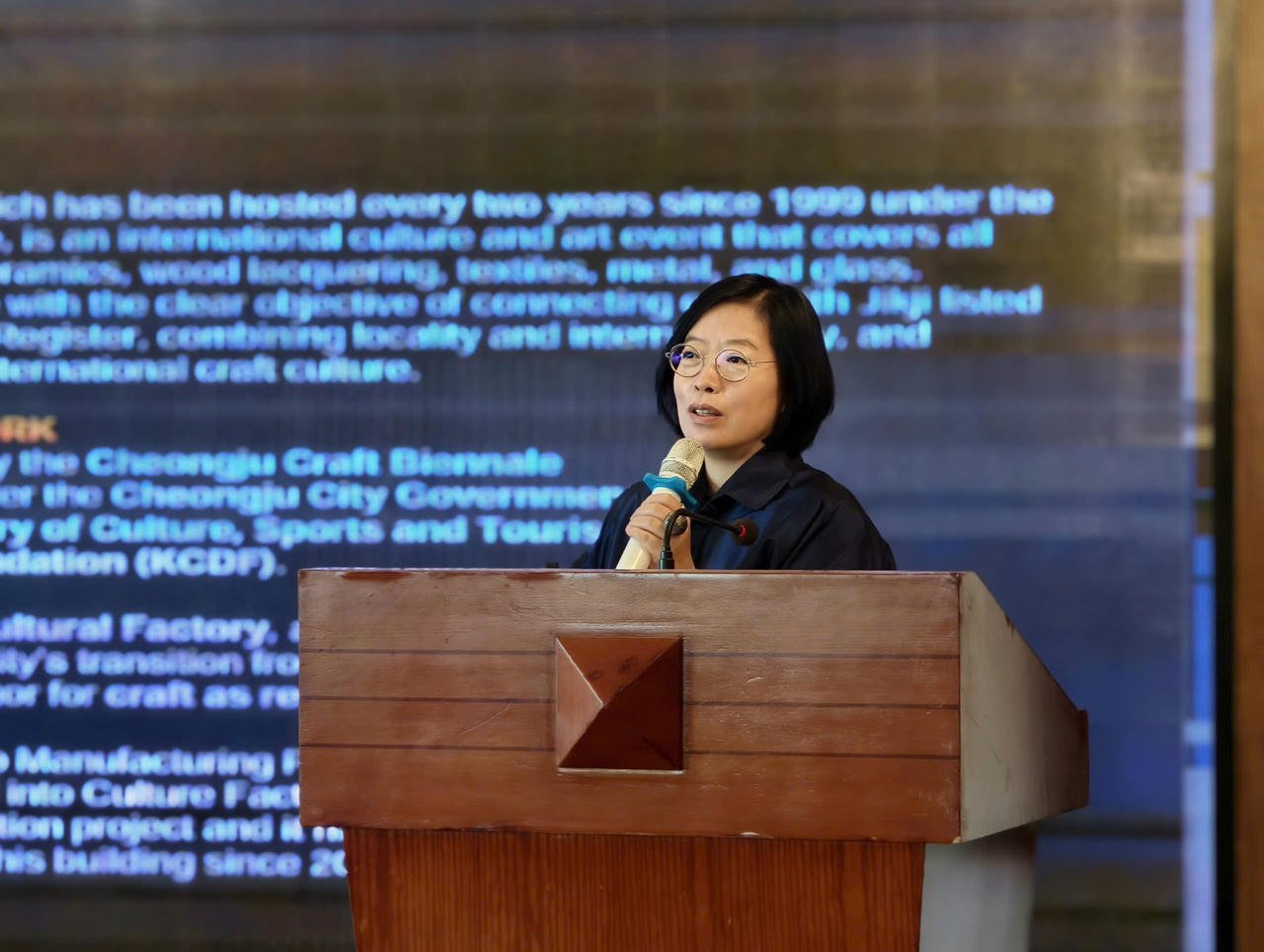
In his concluding remarks at the workshop, Mr. Nguyen Dinh Hoa, Deputy Director of the Hanoi Department of Agriculture and Rural Development, affirmed that the workshop had brought profound sharing and valuable practical experience on the work of preserving and developing craft villages.
Through the lens of experts, Mr. Hoa emphasized that the role of artisans is extremely important in preserving and developing traditional crafts. At the same time, the role of each country, state management agencies and craft village organizations is also essential, playing a leading role and supporting artisans.
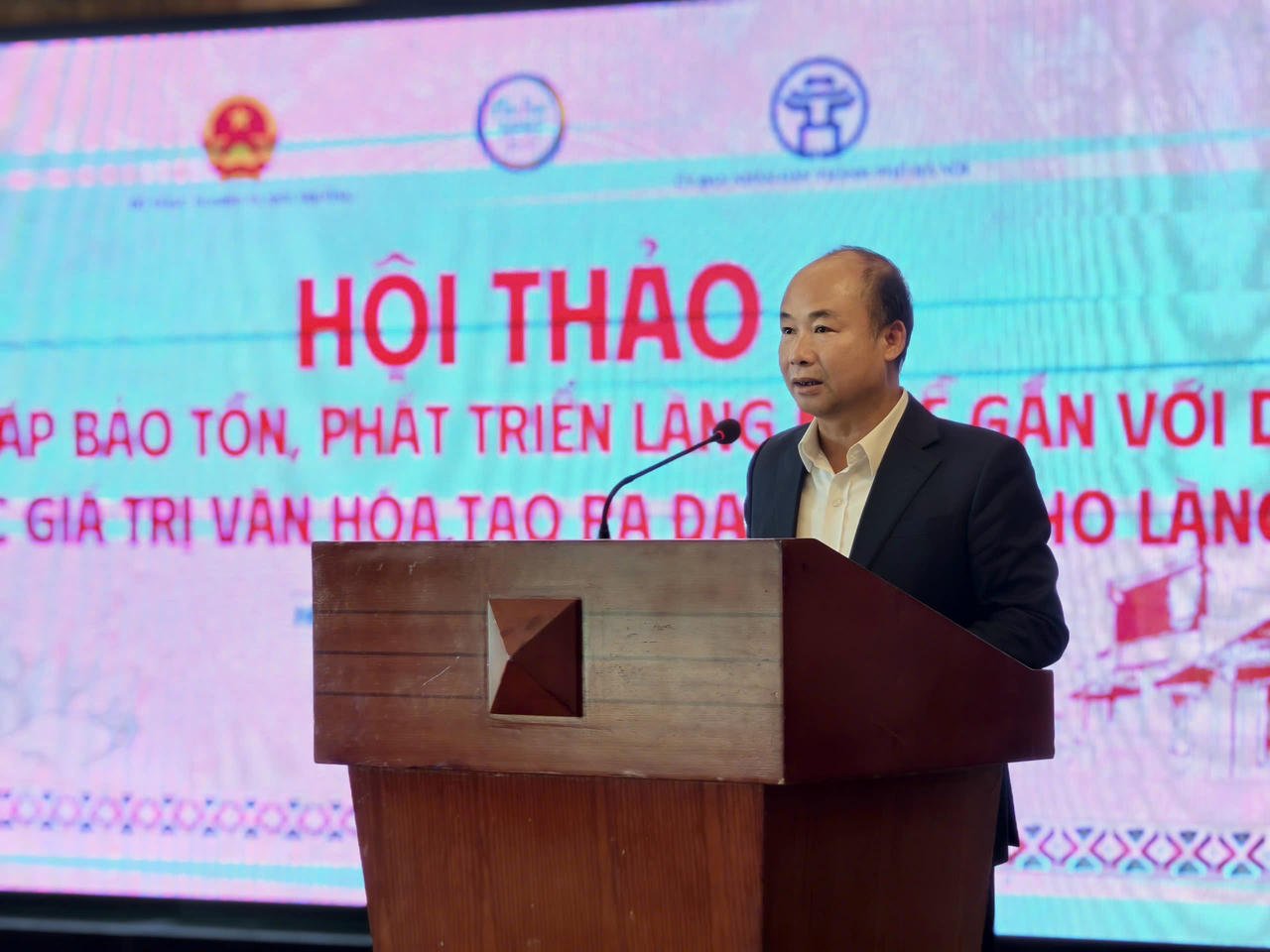
Mr. Hoa also pointed out key solutions that need to be directed at the local level, including: land use planning, environmental protection, vocational training support, trade promotion, product promotion, connecting raw material areas and developing tourism associated with craft village heritage.
He affirmed: “Craft villages are places where the quintessence of national culture converges and connects with heritage values.”
From there, he recommended the need to introduce vocational training programs into schools, while enhancing the exchange and organic connection between craft villages and local culture, art, cinema and literature. In particular, the human element – artisans and skilled workers – must always be placed at the center.
Regarding the upcoming orientation, Mr. Hoa said that the Department will continue to strengthen support for vocational training and wishes to participate in international fairs and exhibitions. Through that, artisans and craft village enterprises will have the opportunity to exchange experiences, production processes, product designs, and at the same time promote the human and national values of each product.
He also expressed his wish to cooperate closely with countries and the World Craft Council on continents to preserve and develop craft villages, and participate in organizing large-scale festivals and fairs to recognize and honor the value of traditional crafts.
Craft villages make an important contribution to the restructuring of the rural economy, creating jobs and increasing income for workers, and are the foundation for effectively implementing the OCOP Program and building new rural areas. Currently, the whole city has 881/3,317 OCOP products that are craft village products (accounting for 26.6%), the average income of craft village workers reaches over 7 million VND/month. Each craft village has its own identity, creating unique and sophisticated products, both preserving cultural values and bringing increasingly high economic efficiency.
This article is in collaboration with the Hanoi Department of Agriculture and Environment.
Source: https://baophapluat.vn/tim-giai-phap-bao-ton-phat-trien-lang-nghe-gan-voi-du-lich-giu-gin-cac-gia-tri-van-hoa-tao-ra-da-gia-tri-cho-lang-nghe.html



![[Photo] Panorama of the 2025 Community Action Awards Final Round](https://vphoto.vietnam.vn/thumb/1200x675/vietnam/resource/IMAGE/2025/11/15/1763206932975_chi-7868-jpg.webp)

![[Photo] Prime Minister Pham Minh Chinh meets with representatives of outstanding teachers](https://vphoto.vietnam.vn/thumb/1200x675/vietnam/resource/IMAGE/2025/11/15/1763215934276_dsc-0578-jpg.webp)

![[Photo] General Secretary To Lam receives Vice President of Luxshare-ICT Group (China)](https://vphoto.vietnam.vn/thumb/1200x675/vietnam/resource/IMAGE/2025/11/15/1763211137119_a1-bnd-7809-8939-jpg.webp)
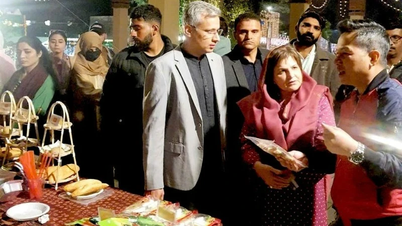

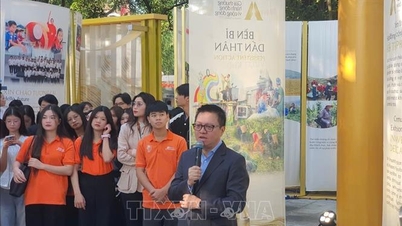

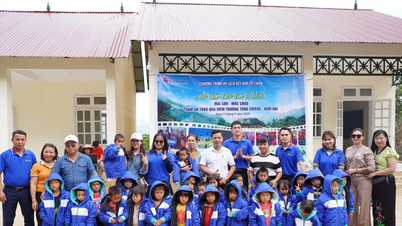
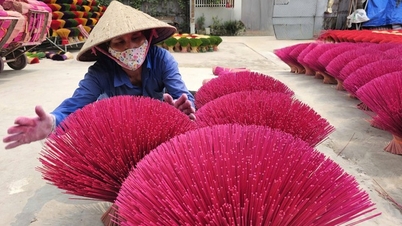

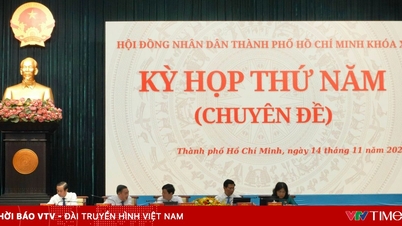

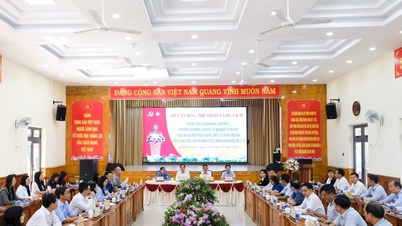

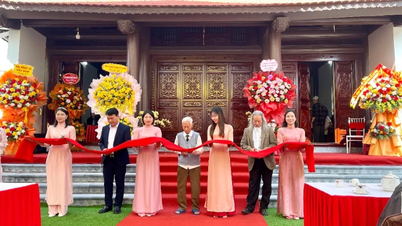
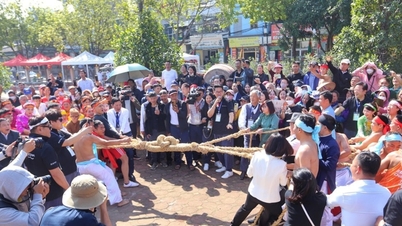

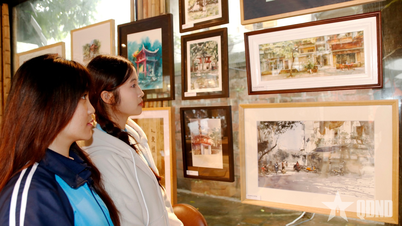

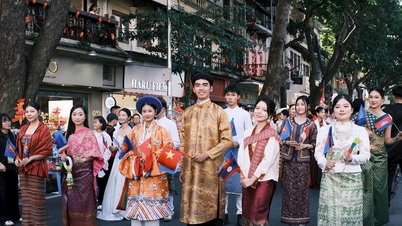


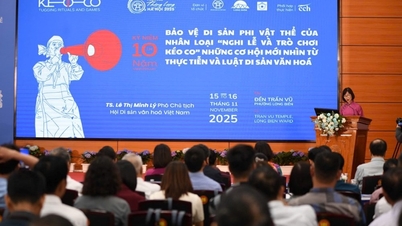






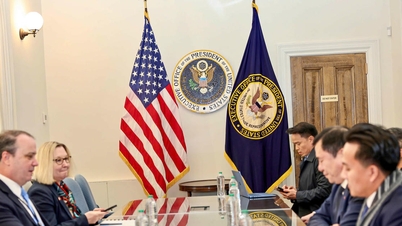

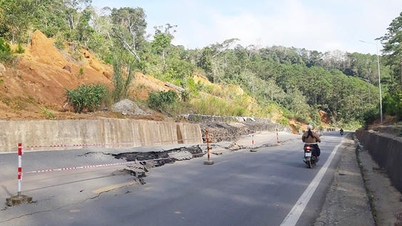
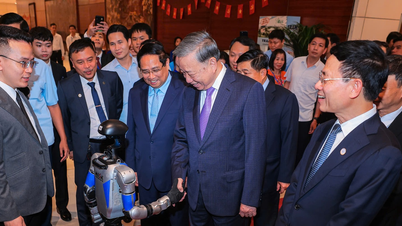
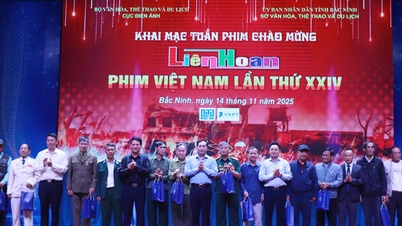





































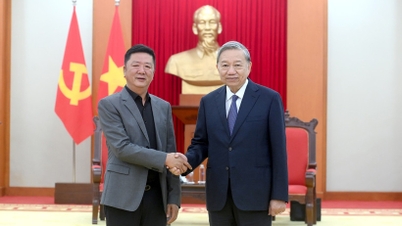
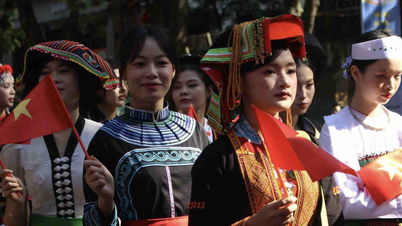

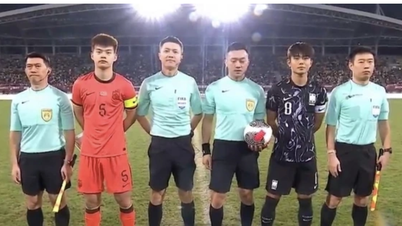


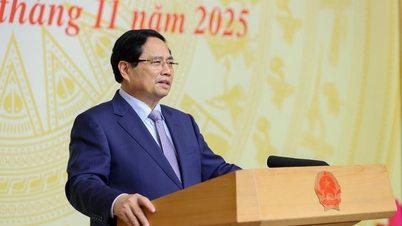
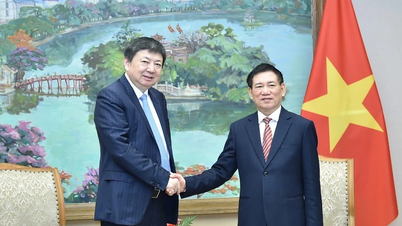





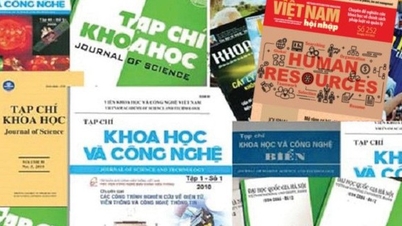
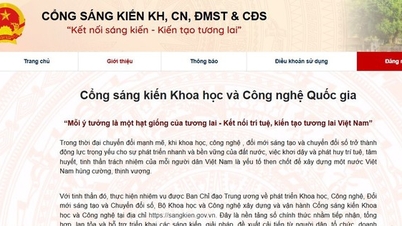







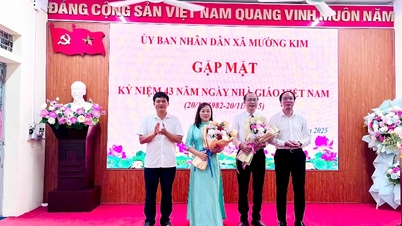








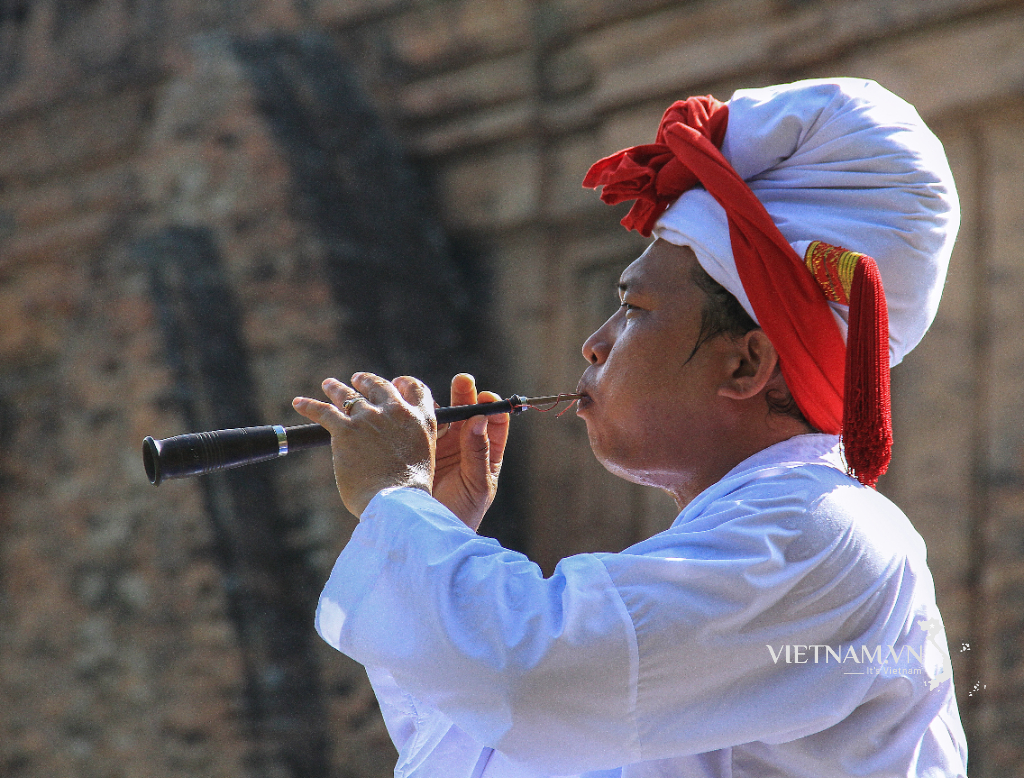
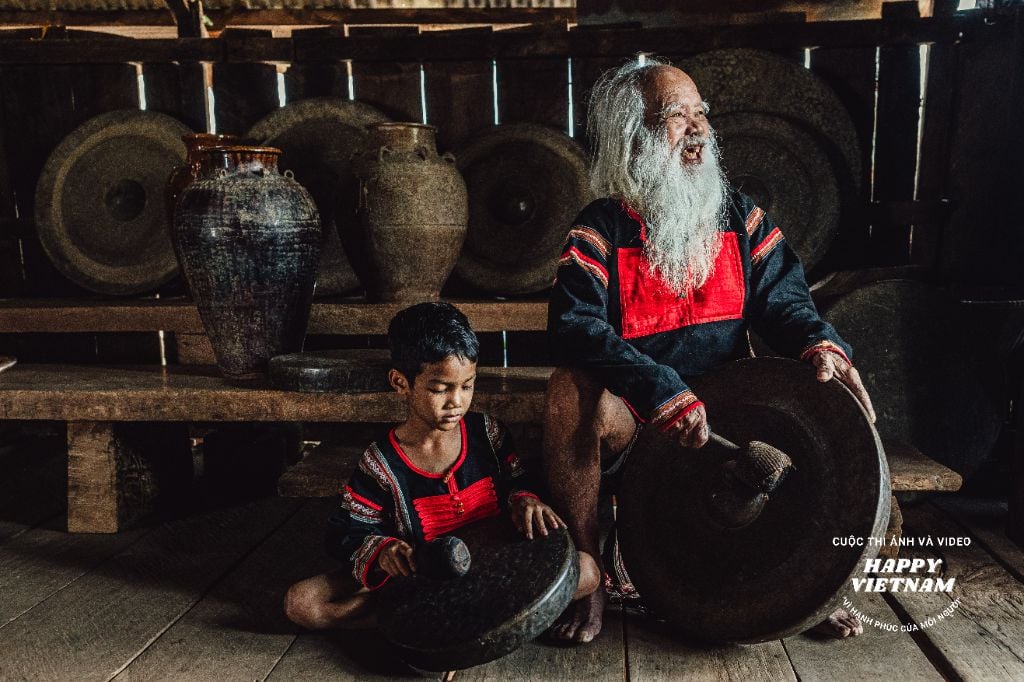


Comment (0)